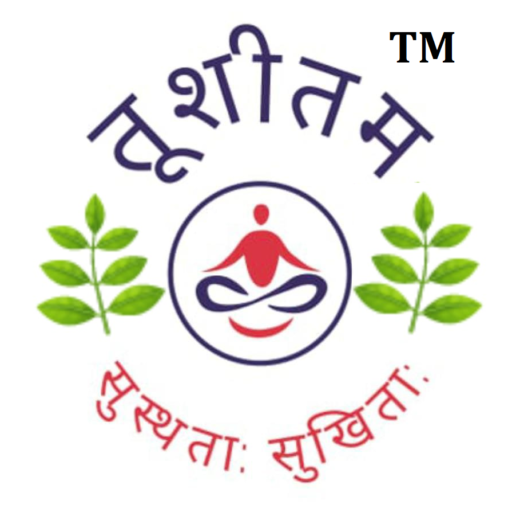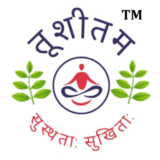Ayurveda, an ancient system of medicine from India, uses natural remedies, dietary practices, and holistic approaches to promote balance and well-being. In the context of cancer treatment, Ayurveda is often used as a complementary approach to conventional treatments like chemotherapy, radiation, or surgery.
How Ayurveda Contributes to Cancer Chikitsa:
1. Herbal Remedies: Ayurvedic herbs such as Ashwagandha, Turmeric (curcumin), and Tulsi are known for their potential anti-inflammatory and antioxidant properties.
2. Detoxification and Rejuvenation: Panchakarma, an Ayurvedic detoxification therapy, is sometimes used to help cleanse the body and improve its ability to handle stress and toxicity.
3. Diet and Lifestyle: Ayurveda emphasizes personalized dietary plans and daily routines that promote immunity and overall health.
4. Mind-Body Practices: Techniques like meditation, yoga, and breathing exercises are integral to Ayurvedic cancer care to help manage stress and improve mental well-being.
Limitations and Considerations:
Complementary, Not Alternative: While Ayurveda can support conventional cancer treatment, it should not replace modern medical care. Always consult with an oncologist and qualified Ayurvedic practitioner to ensure integrated, safe treatment.
Evidence-Based Approach: Some Ayurvedic treatments have shown promise, but scientific research is still ongoing. It’s essential to rely on practices with documented safety and efficacy.


